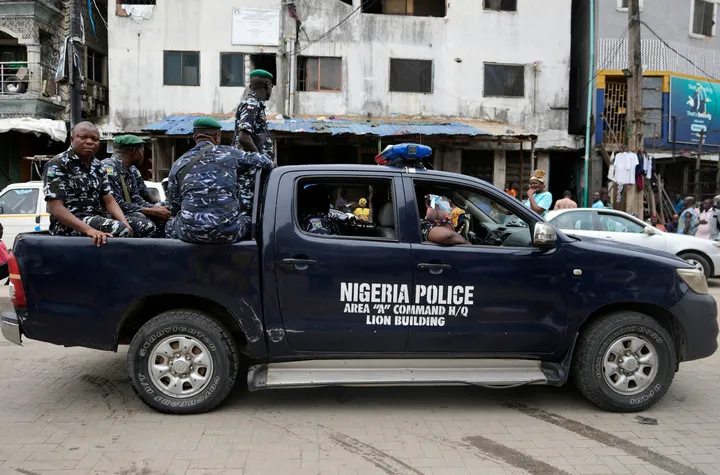Pakistan's main spy agency provided the US with a lead that helped them find and kill Al Qaeda leader Osama bin Laden, Prime Minister Imran Khan said on Monday.
Khan, who is visiting Washington on his first official trip, made his claim in an interview with Fox News when he was asked whether his country would release a jailed doctor whose fake immunisation drive helped the US track and kill bin Laden in 2011.
"This is a very emotive issue, because Shakeel Afridi in Pakistan is considered a spy," he told host Bret Baier, referring to the doctor.
The fake immunisation campaign had also contributed to the spread of polio in the country in the aftermath of bin Laden's killing, with militant groups targeting polio vaccinators in the region, saying the healthcare drive was a cover for US spies.
Pakistan is one of the few countries that still harbours the polio virus, including a strain found nowhere else in Asia.
"We in Pakistan always felt that we were an ally of the US and if we had been given the information about Osama bin Laden, we should have taken him out."
Baier then asked if Khan understood the skepticism around the Inter Services Intelligence agency (ISI) for leaking key information, to which Khan replied:
"And yet it was ISI that gave the information which led to the location of Osama bin Laden.
"If you ask CIA it was ISI which gave the initial location through the phone connection."
It was not immediately clear what Khan was referring to and he did not provide more detail.
A war of words erupted between US President Donald Trump and Pakistani Prime Minister Imran Khan on Twitter in November 2018.
it followed a statement by the US president to Fox News that said, “They [Pakistan] don't do anything for us, they don't do a damn thing for us."
"We no longer pay Pakistan the $Billions because they would take our money and do nothing for us, Bin Laden being a prime example, Afghanistan being another. They were just one of many countries that take from the United States without giving anything in return. That's ENDING!," Trump had tweeted.
Khan responded to the tweet and said: "Trump's false assertions add insult to the injury Pak has suffered in US WoT [War on Terror] in terms of lives lost & destabilised & economic costs. He needs to be informed abt [about] historical facts. Pak has suffered enough fighting US's war.
Now we will do what is best for our people & our interests."
The following day, Pakistan’s foreign secretary rejected the insinuations about Osama Bin Laden and reminded the US envoy that it was her country’s “intelligence cooperation that provided the initial evidence to trace the whereabouts of OBL.”
"Conveying her Government’s disappointment on the recent tweets and comments by the US President, the US CdA [charge d'affaires] was told that such baseless rhetoric about Pakistan was totally unacceptable," the statement said.
It added that the foreign secretary told the US envoy that no other country had paid a heavier price than Pakistan in the fight against terrorism.
"The US must not forget that scores of top Al Qaeda leaders were killed or captured by active Pakistani cooperation. Pakistan’s continued support to the efforts of international community in Afghanistan through Ground/ Air and Sea lines of communication was unquestionably critical to the success of this Mission in Afghanistan," the statement had added.























